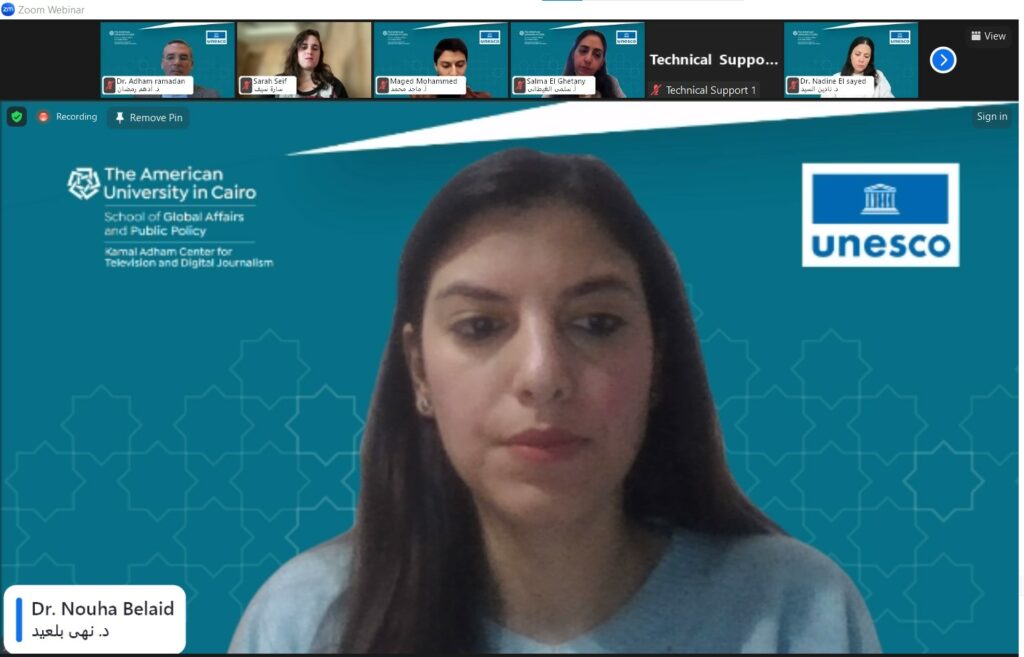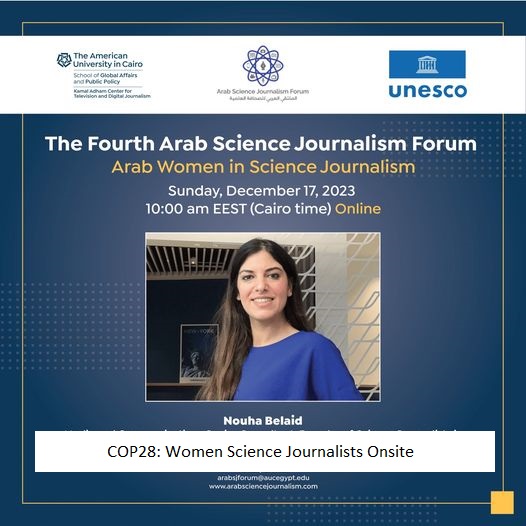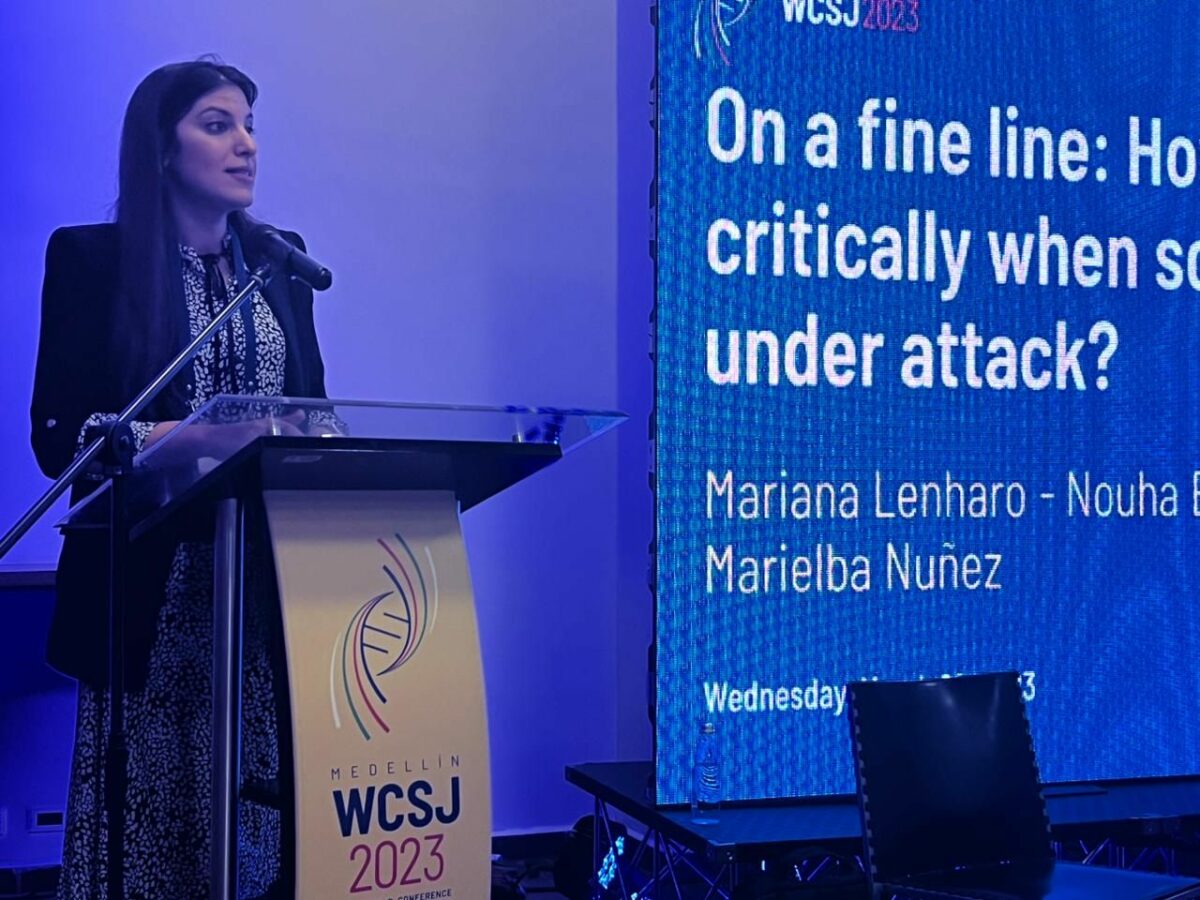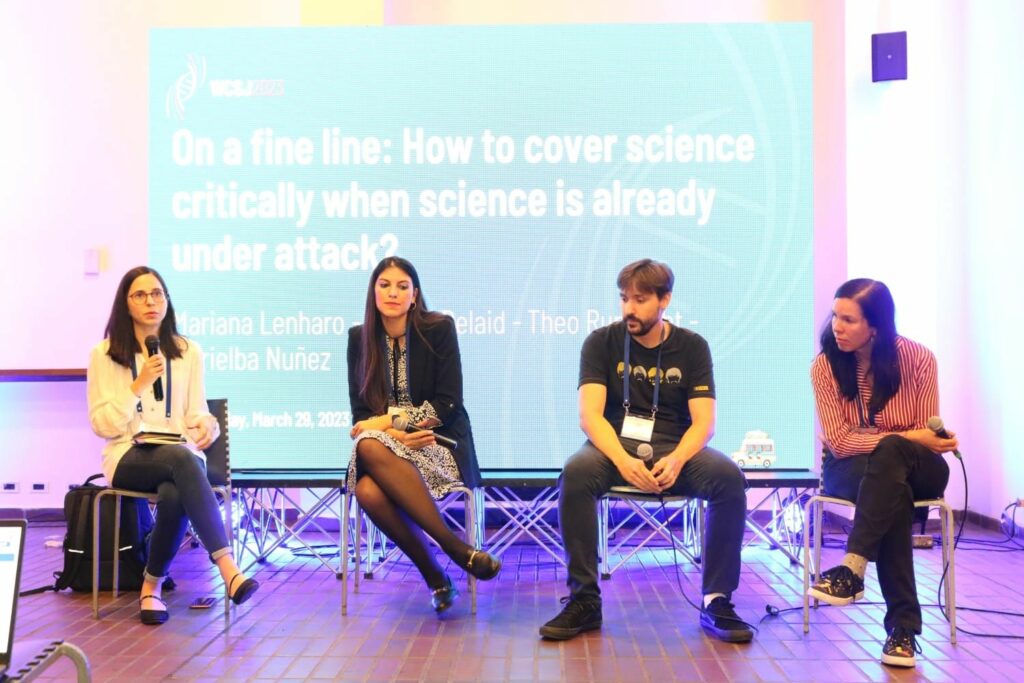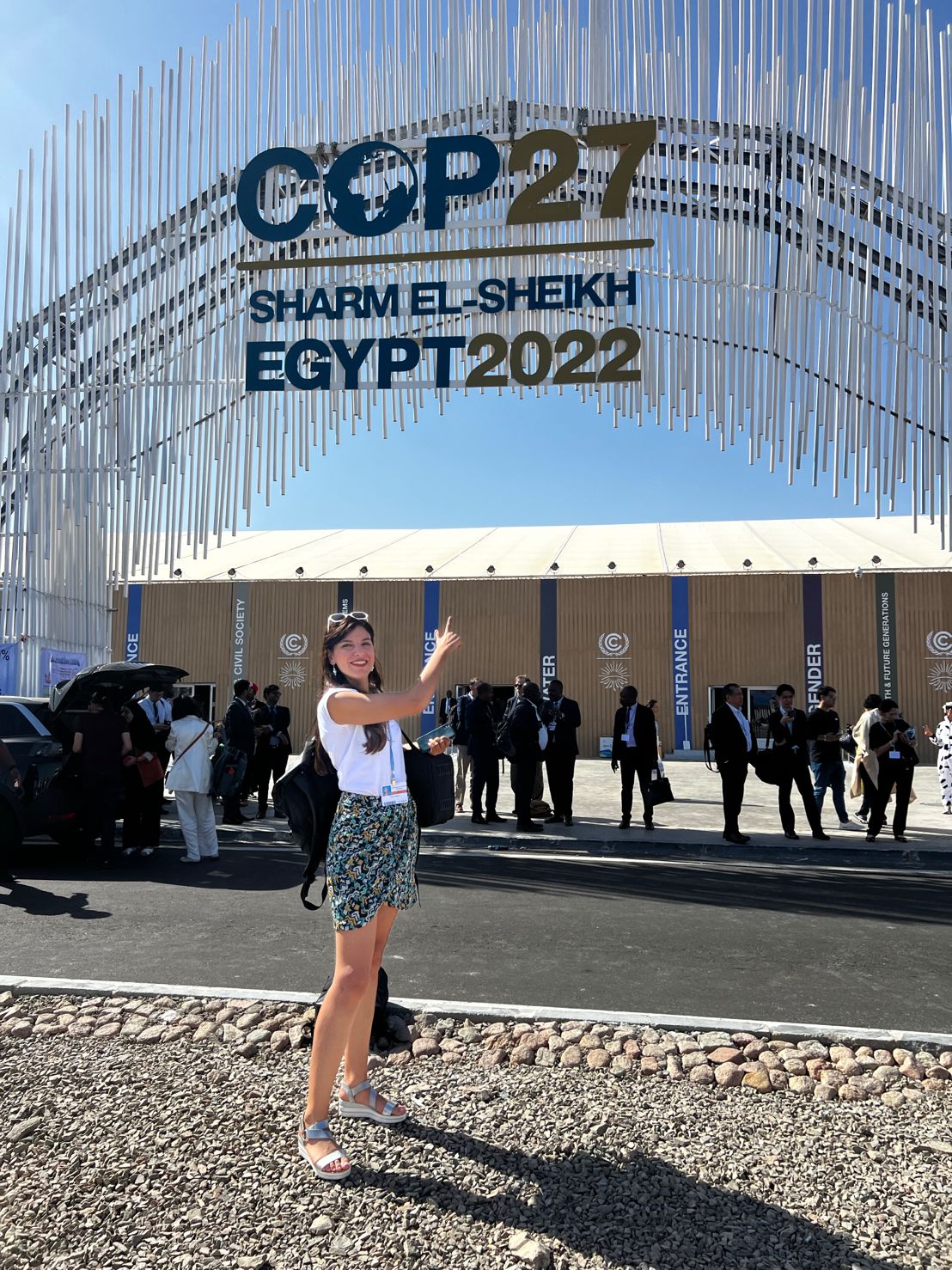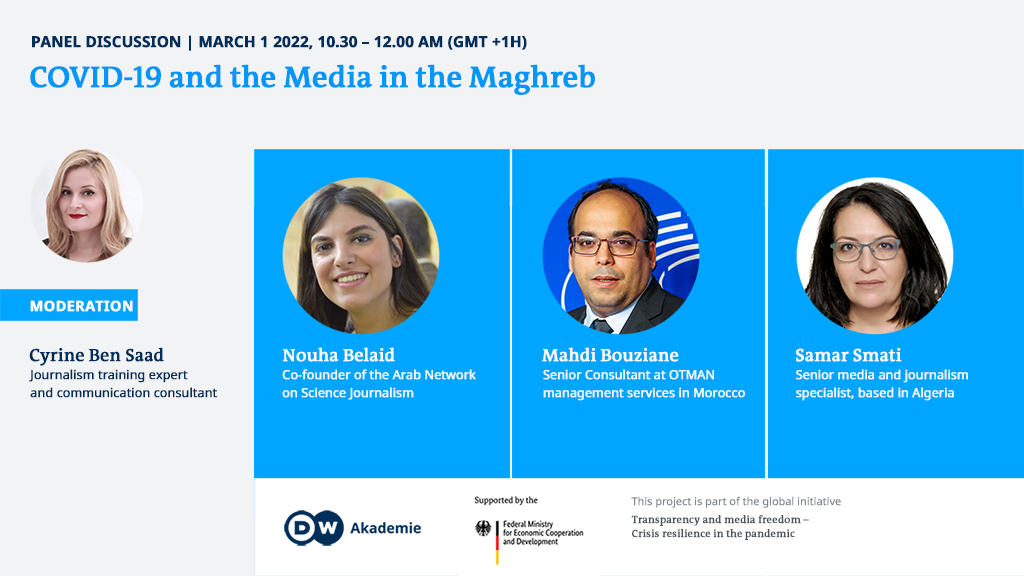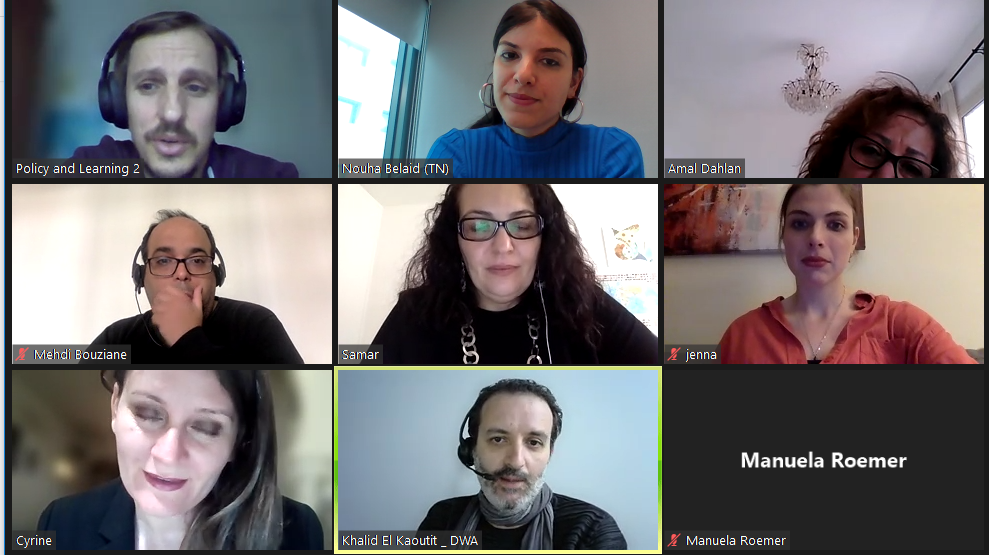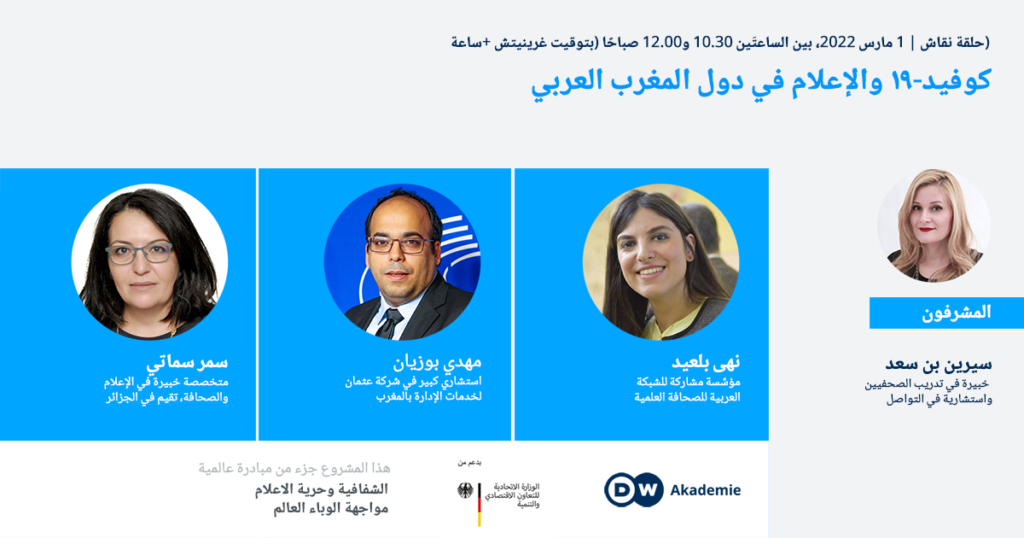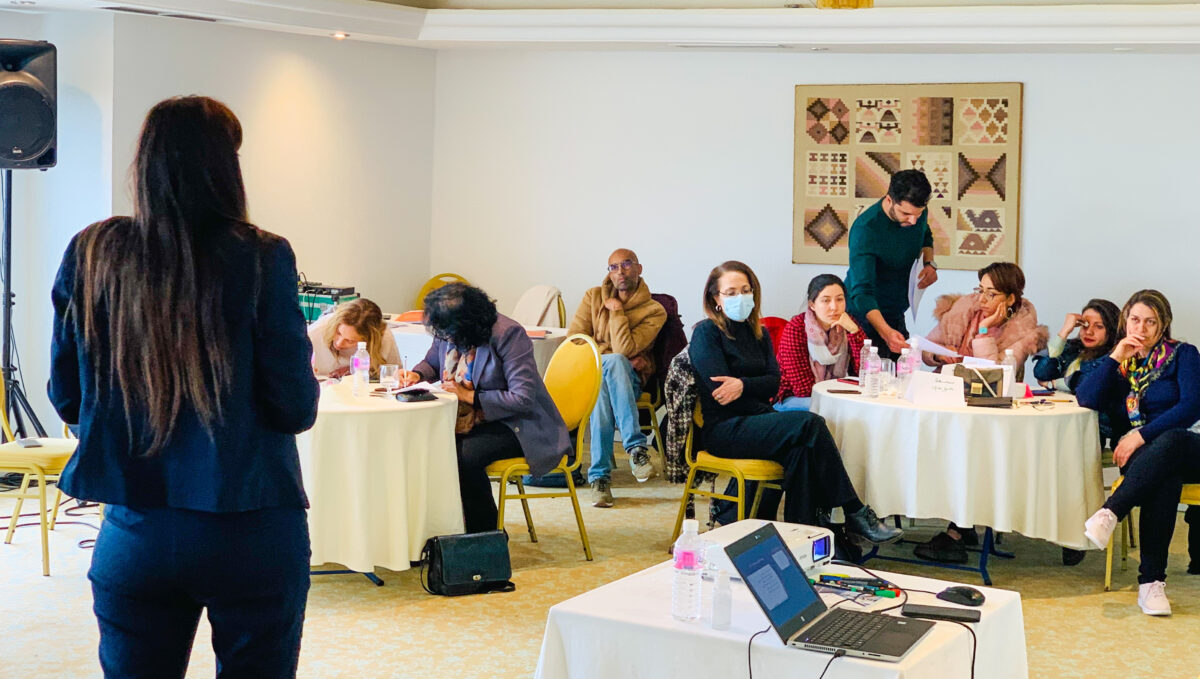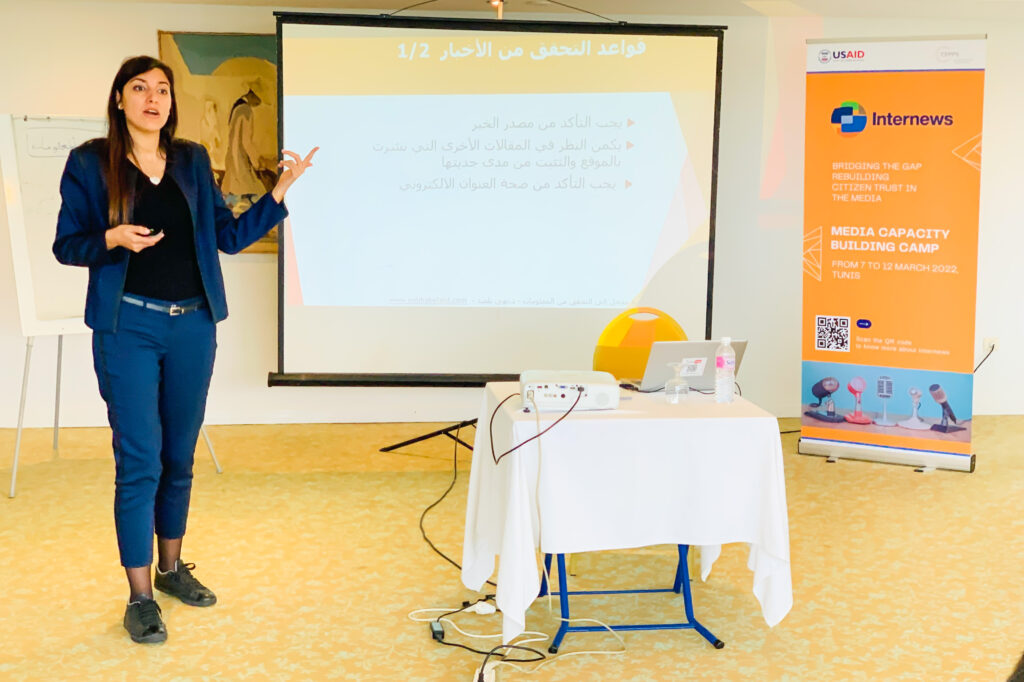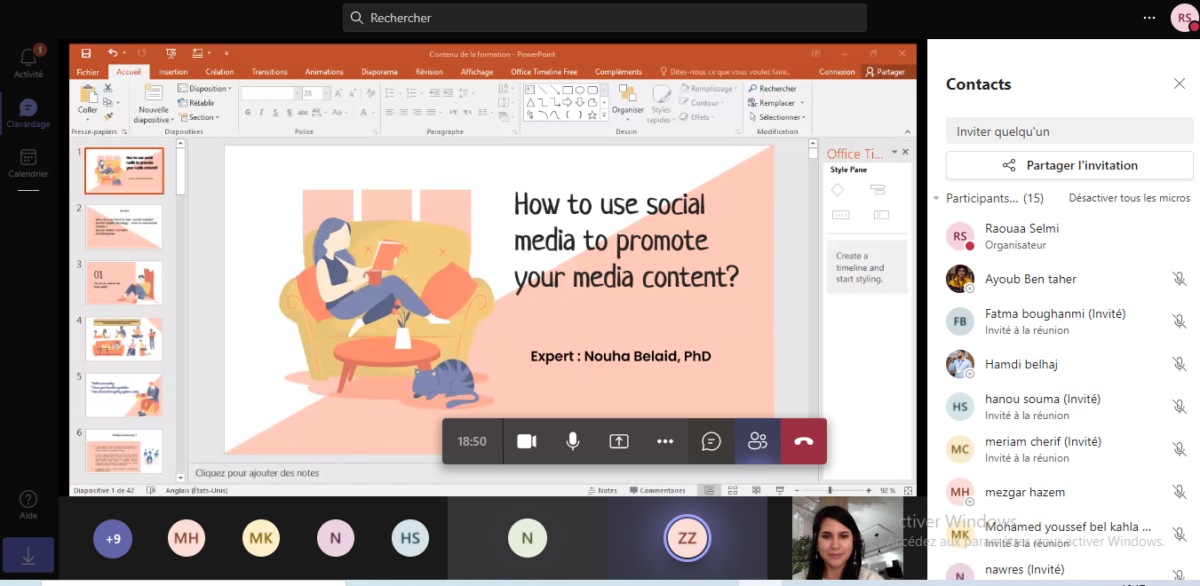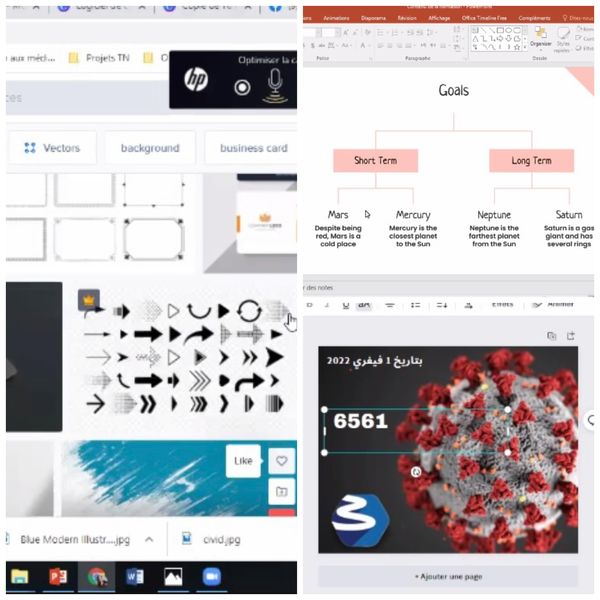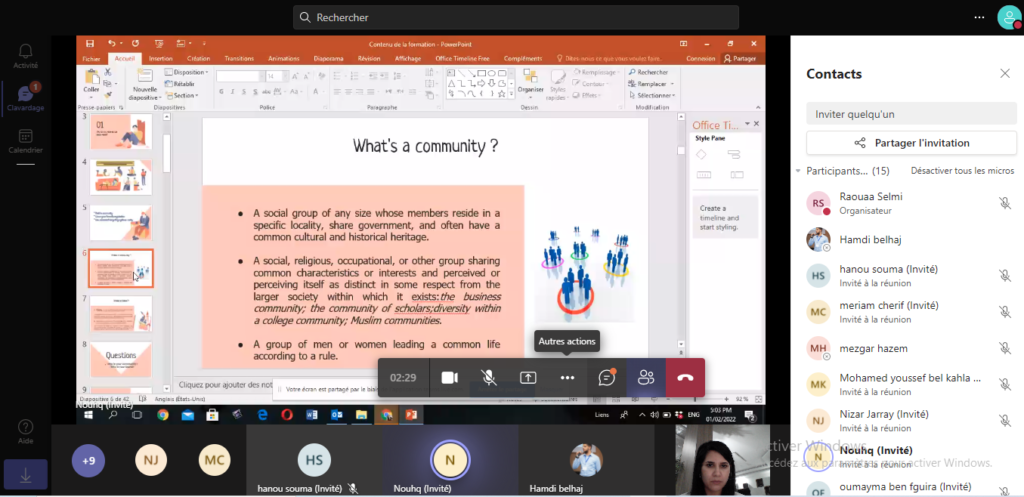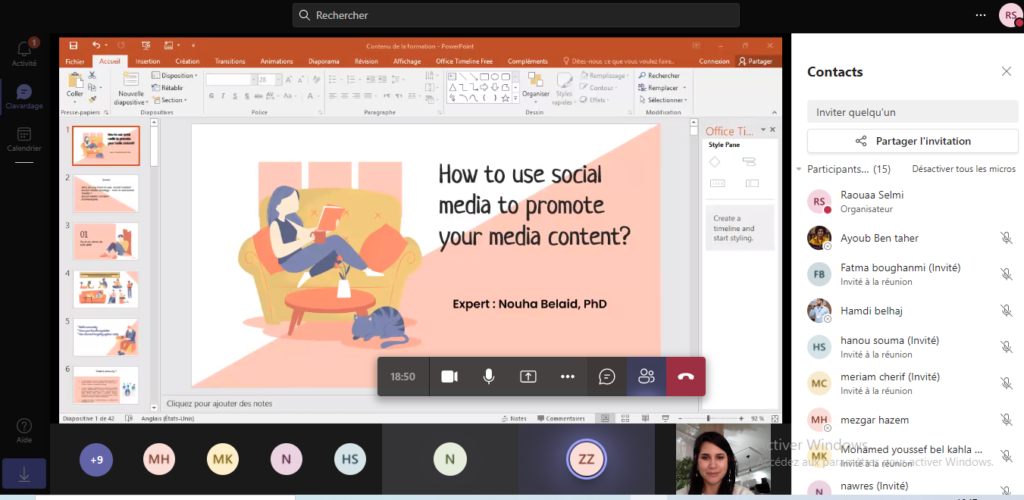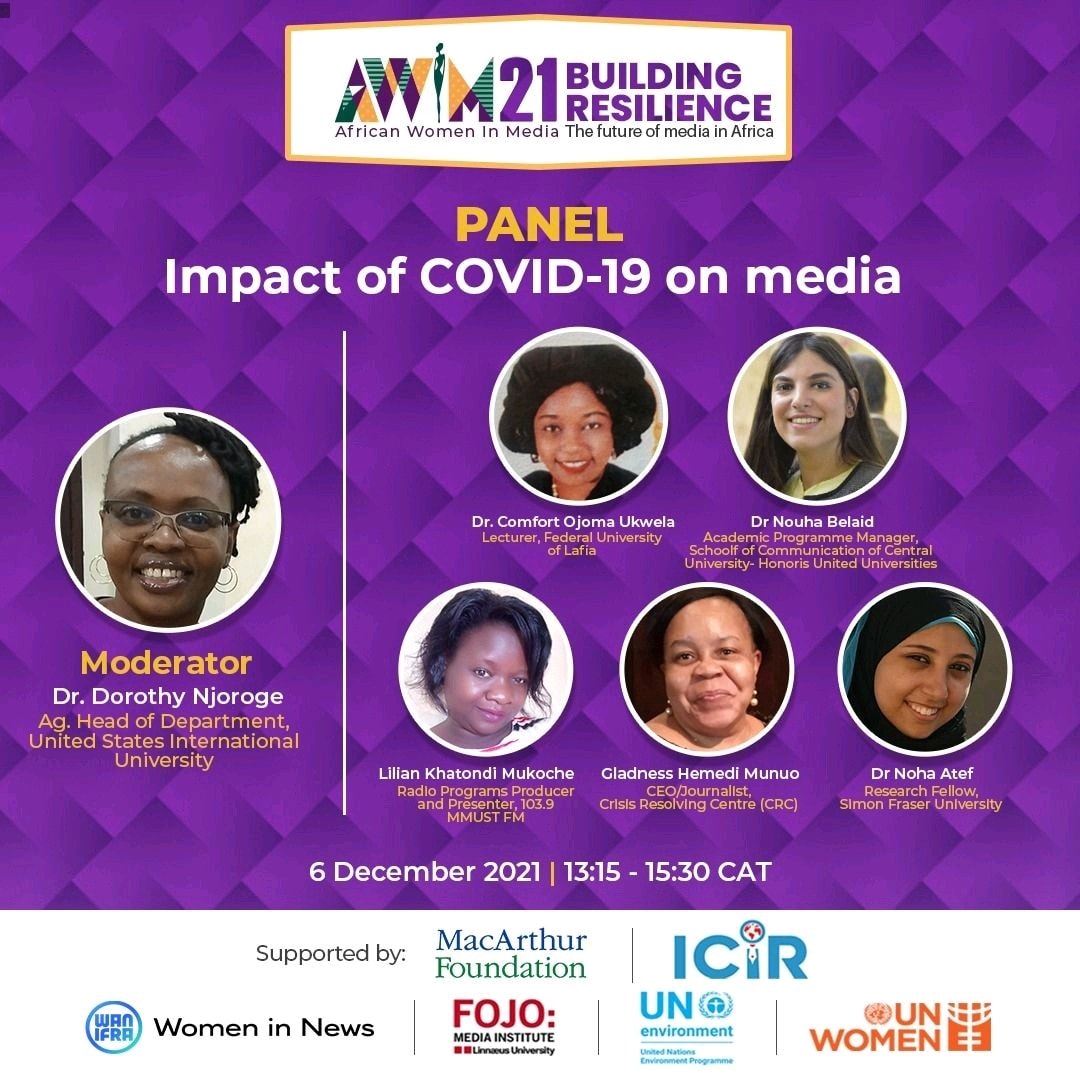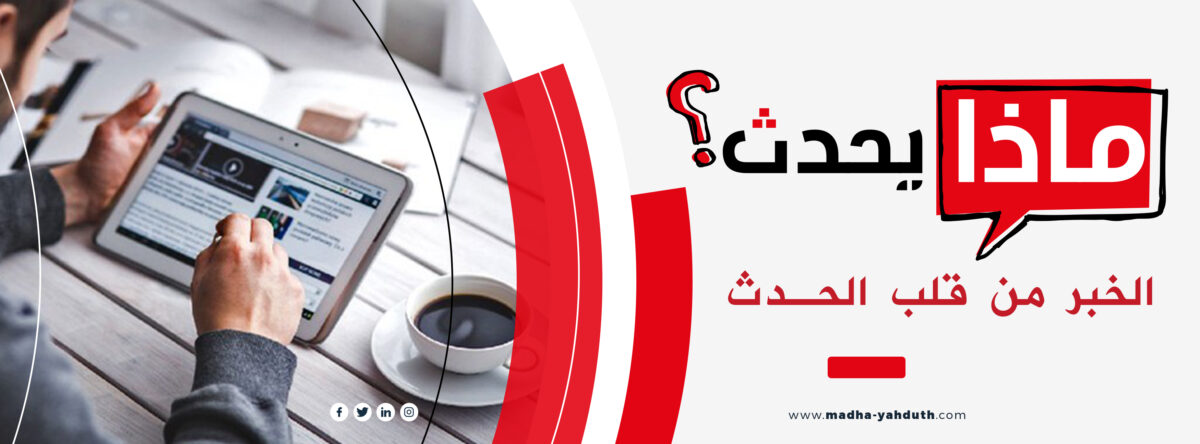I am thrilled to have played a role in the Fourth edition of the 4th Arab Science Journalism Forum, a distinguished event organized by the American University of Cairo in collaboration with UNESCO, where I had the honor of serving as a Keynote speaker. During my presentation, I took the opportunity to shed light on the invaluable experiences of women in science journalistm, mainly focusing on their contributions and challenges at COP28.
The forum provided a unique platform to engage with the audience, sharing insights and fostering discussions on the role of women in science journalism.
Following my session, I had the pleasure of immersing myself in the diverse perspectives of my fellow science journalists during their interventions. Their stories resonated deeply with me. The reminiscence of my mother’s decision to leave the journalism field to prioritize caring for me added a personal touch to the discussions.
The challenges journalists face, both professionally and personally, underscore the importance of their work in bringing stories to light. It is a testament to the resilience and passion that drive female science journalists to contribute meaningfully to the field despite its inherent difficulties.
